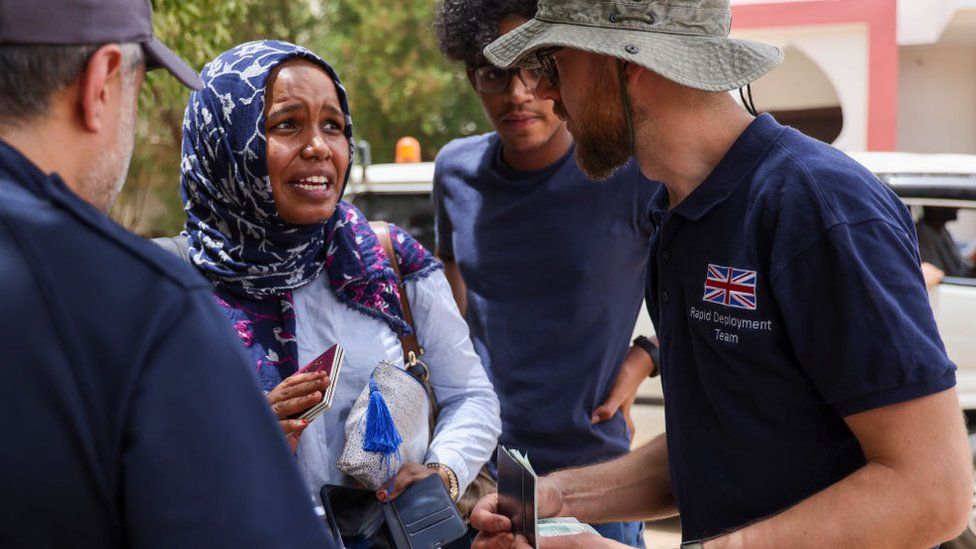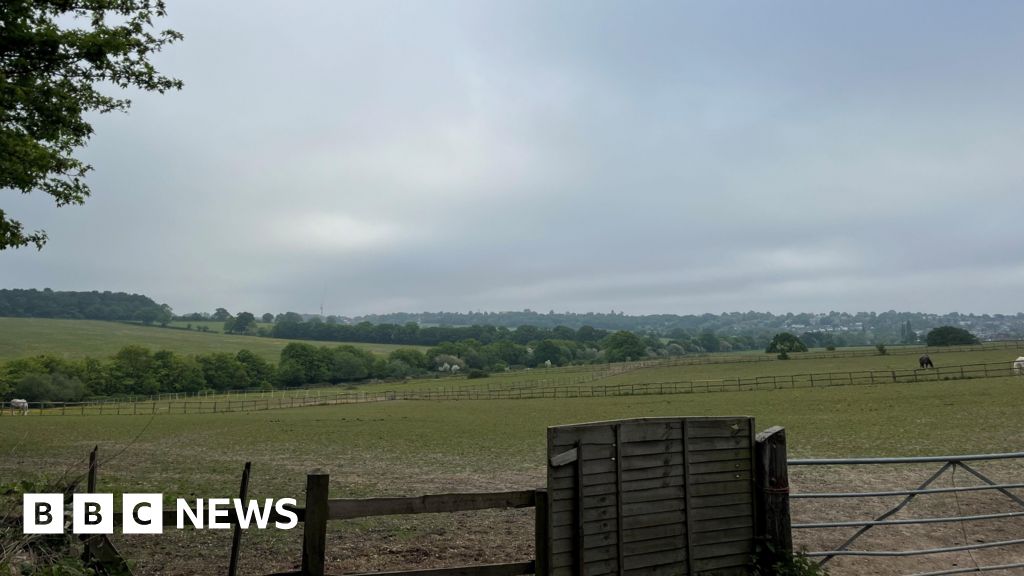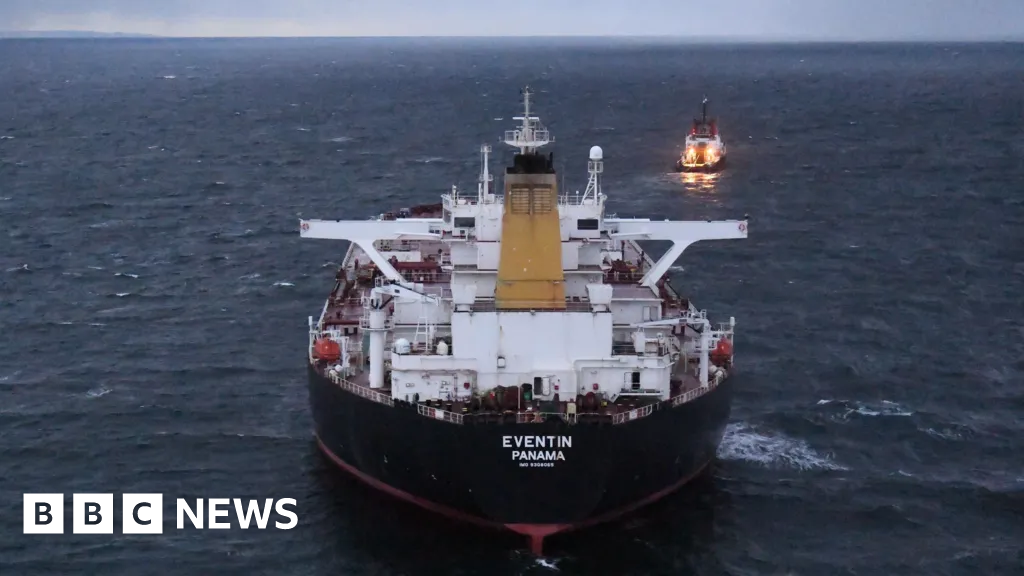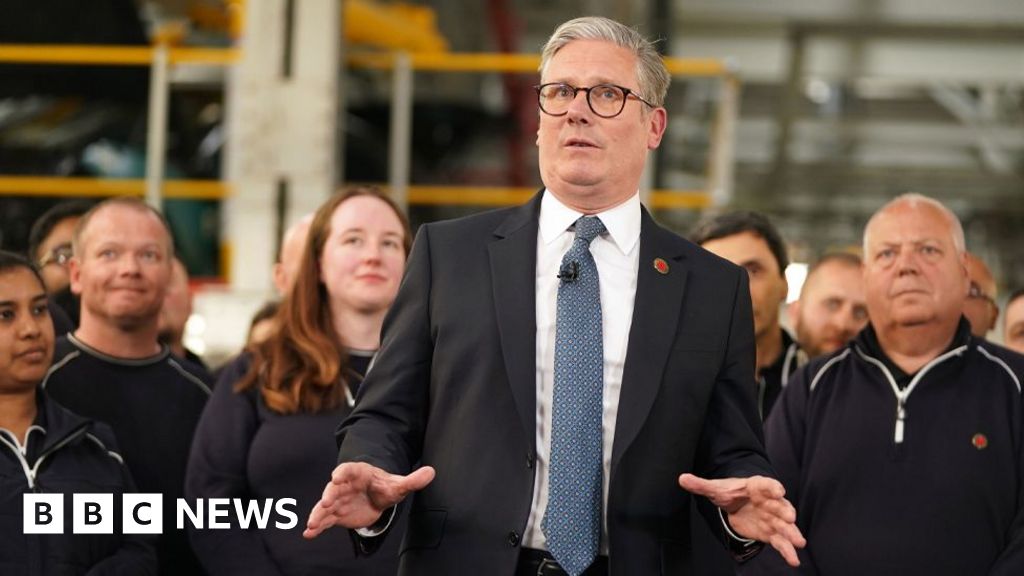ARTICLE AD BOX
 Image source, MOD
Image source, MOD
Around 530 people have been airlifted by the UK from Sudan
By Andre Rhoden-Paul
BBC News
There is no guarantee further evacuation flights will leave Sudan once the ceasefire has ended, the foreign secretary has warned.
The UK has airlifted 536 people from the east African country, and some have arrived in the UK.
But that is a fraction of the thousands of British nationals thought to be in country afflicted by conflict.
"We cannot guarantee how many flights will depart once the ceasefire ends," James Cleverly said on Wednesday.
"If you plan to leave Sudan please travel to the British evacuation centre as soon as possible."
The 72-hour ceasefire, which was agreed by Sudan's army and the paramilitary Rapid Support Forces (RSF), started on Tuesday but ends on Thursday at midnight local time (22:00 GMT).
The Sudanese army said it was willing to send a representative to talks about extending the truce, but there has been no response from the RSF.
The US said it was in direct contact with the two warring generals to see if the ceasefire could be extended.
Since fighting erupted on 15 April, the country has been gripped by a power struggle that has seen at least 512 people killed, according to the Sudanese health ministry, and residential areas turned into war zones.
Meanwhile in the UK, the first flight from Larnaca airport in Cyprus - where evacuees were flown to initially - landed at Stansted Airport on Wednesday. There were 250 people on board.
Emotions ran high as arrivals looked tired and relieved following a treacherous journey, which started when they left their homes and made their own way to an airstrip north of Khartoum that British troops have taken control of.
Nemar, from west London, who was met by her sister, told reporters: "I am very happy to be here.
"The British government has been marvellous - I feel very proud that I have made it here."
Shama, one of the first off the airport bus, told reporters and her family: "We're safe. We're in no danger - I'm back and no longer scared."
Asked about the speed of the British response to the violence in Sudan, she said: "It was slow but we're here."
Image source, Reuters
Image caption,There were emotional scenes at Stansted Airport as evacuees were reunited with their families
More than 2,000 British nationals in Sudan have registered with the Foreign Office under evacuation plans.
Only British passport holders and immediate family members with existing UK entry clearance are being told they are eligible for evacuation.
But Alicia Kearns, the Conservative chairwoman of the Foreign Affairs Select Committee, said elderly people dependent on their children - who themselves have British status - should also be admitted.
She told the BBC: "In the same way we treat children who are dependent on their parents, we should respect that some elderly people are dependent on their children.
"So, I think it is important that we are bringing people out who would otherwise be left destitute and really vulnerable."
The government is also working to provide other routes out Sudan, with HMS Lancaster travelling towards Port Sudan, the Red Sea dock nearly 500 miles from Khartoum that could be used in a seaborne operation.
But with UK nationals being told to make their own way to evacuations, the trip would be made particularly challenging by fuel shortages and the number of people fleeing.
Image source, MOD
Image caption,The UK nationals have to travel alone to the airstrip north of Khartoum where the British military is stationed
The BBC has also learned the UK has been accused of delaying Germany's efforts to evacuate its citizens from Sudan with its mission to rescue British embassy staff at the weekend.
Senior German political forces said British forces landed in Sudan without permission from the Sudanese army, so angering them they temporarily barred access to the Wadi Saeedna airstrip that European nations were hoping to use.
The UK Ministry of Defence denied it was responsible for any delay.

 2 years ago
36
2 years ago
36








 English (US) ·
English (US) ·